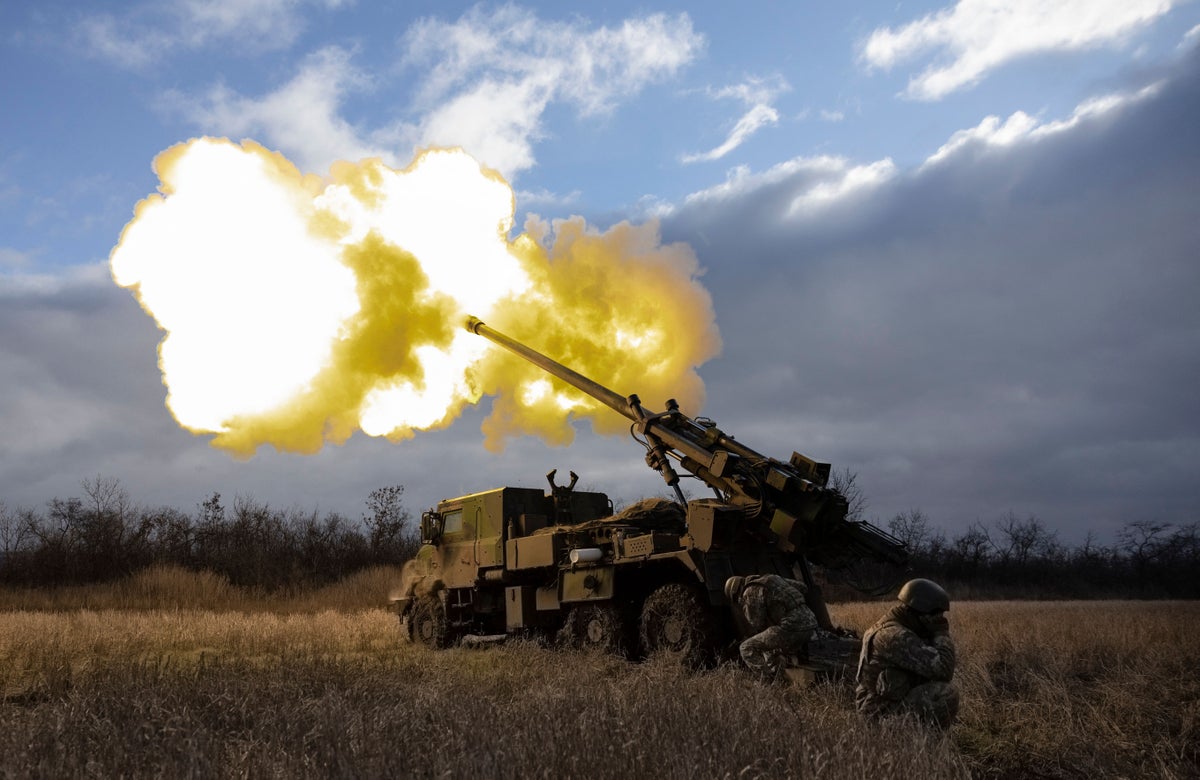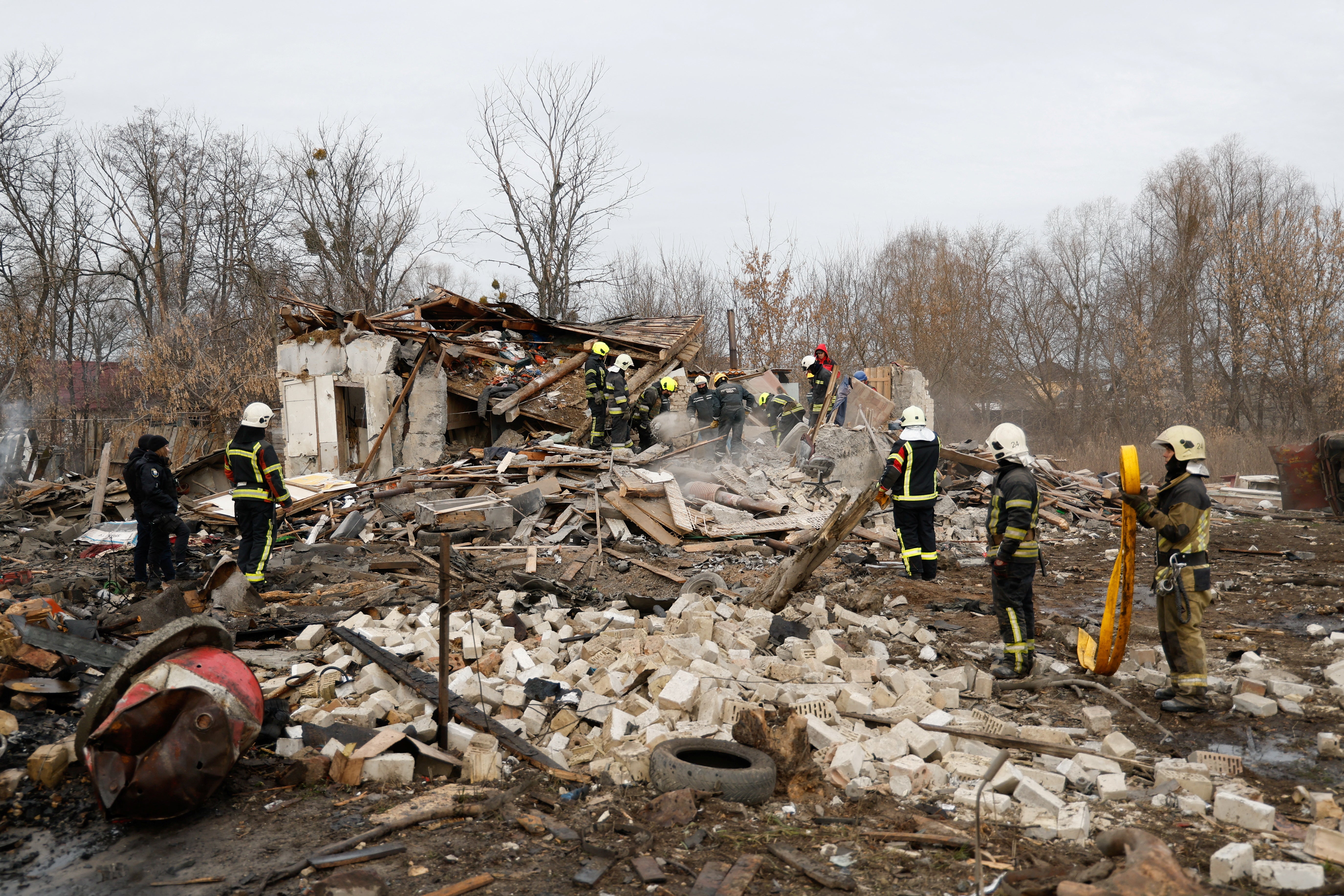
Russian troops have been accused of booby-trapping the dead bodies of soldiers killed fighting in the war in Ukraine.
Oleksii Reznikov, Ukraine’s defence minister, claimed bombs had also been planted in mass graves, children’s toys, backpacks, schools, hospitals and apartments.
He said this was only “a partial list of Russia’s violations” of the United Nation’s rules of engagement in armed conflicts and war.
Booby traps are illegal under international law and Protocol II of the Convention on Certain Conventional Weapons specifically states that they must not be attached to “sick, wounded or dead persons.”
A breach of this convention could be considered a war crime.
The defence ministries of Ukraine and Russia have been contacted for comment.
Booby trap is the term given to an explosive device that has been constructed or adapted to kill or injure and detonates unexpectedly when it is disturbed.
The UN weapons convention, which is enshrined in international law, also says that booby traps should not be used indiscriminately or where they could cause civilians to be killed.

Since Russian President Vladimir Putin ordered his troops to invade neighbouring Ukraine on 24 February, Russia has been repeatedly accused of committing war crimes, which it denies.
Moscow soldiers have been accused of killing civilians, rape, taking hostages, torture as well as the bombing of homes and civilian infrastructure.
Fierce fighting continued in multiple regions of Ukraine on Thursday, including the capital Kyiv, which came under heavy bombardment.
The assault on Kyiv was part of one of the biggest waves of strikes in weeks targeting power stations and other critical infrastructure during freezing weather. Air raid sirens rang out across the country.

Ukraine’s military chief, general Valerii Zaluzhnyi, said preliminary data showed Russia fired 69 missiles at energy facilities and Ukrainian forces shot down 54 of them. There were no immediate reports of any deaths.
Russia dispatched explosive drones to selected regions overnight before broadening the barrage with "air and sea-based cruise missiles launched from strategic aircraft and ships" in the morning, the Ukrainian air force reported.
The widespread attack was the latest in a series of Russian strikes on power and water supplies that have increased the Ukrainian population’s suffering.
Moscow has launched such attacks on a weekly basis since October, while its ground forces struggle to advance.

On Thursday, air defense systems were activated in the capital, Kyiv, to fend off strikes, according to the regional administration. Sounds of explosions were heard in the city.
At least three people were wounded and hospitalized, including a 14-year- old girl, Mayor Vitali Klitschko said.
He warned of power outages in the capital, asking people to stockpile water and to charge their electronic devices.
After more than 10 months of fighting, Russia and Ukraine are locked in a grinding battle of attrition.
The Ukrainian military has reclaimed swaths of Russian-occupied territory in the country’s northeast and south, and continues to resist persistent Russian attempts to seize all of the industrial Donbas region.
Moscow, meanwhile, has methodically targeted Ukrainian power facilities and other key infrastructure in a bid to weaken the country’s resolve and force it to negotiate on Russian terms.







